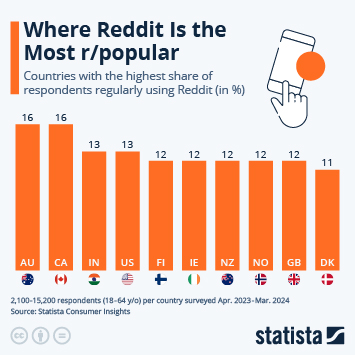Boom or Bust? Tech IPOs Can Go Either Way
Snap's IPO
During the days of the dot-com boom, tech IPOs had the reputation of being an easy win for investors, with big first-day gains virtually guaranteed. In recent years however, the market has cooled off and there are plenty of examples of tech companies that couldn’t live up to their pre-IPO hype. Companies such as GoPro, Groupon, Sonos and Fitibit are currently trading far below their IPO prices, leaving IPO investors who held on to their shares with a hefty loss on their hands.
There are other examples as well, as our chart illustrates. After a nightmare start as a public company, Facebook successfully turned things around and IPO buyers who were patient enough not to lose faith have more than quadrupled their investment by now. The same holds true for payment company Square, which went public in November 2015 and is now worth more than 8 times as much as it was back then.

Description
This chart shows how stock prices of tech companies have changed since their respective IPOs.




















